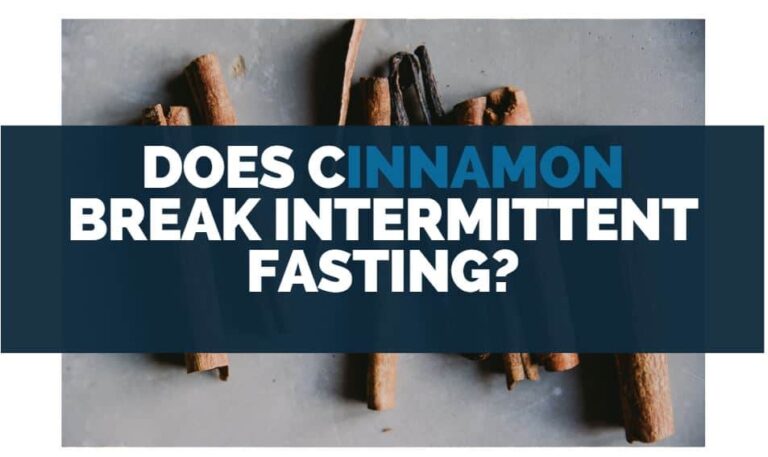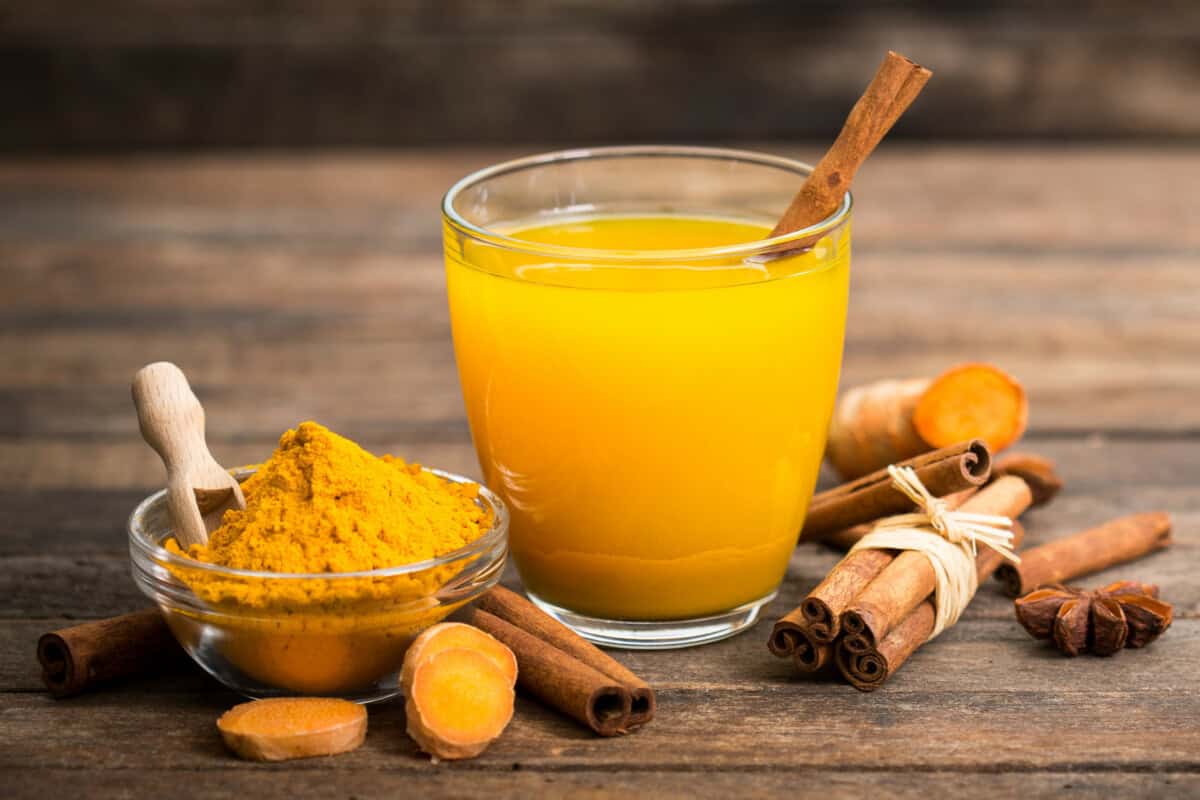Can I Have Cinnamon While Fasting

Intermittent fasting, a dietary approach cycling between periods of eating and voluntary fasting, has surged in popularity, fueled by promises of weight loss, improved insulin sensitivity, and enhanced cellular repair. However, within this structured eating plan lies a gray area: the permissibility of consuming seemingly innocuous substances like cinnamon during fasting windows. This question ignites debate among fasting practitioners, with implications for the efficacy and physiological benefits of the practice.
This article delves into the complex interplay between cinnamon consumption and intermittent fasting, dissecting the potential impacts on key metabolic processes such as insulin response, blood glucose levels, and autophagy. We will explore scientific evidence, expert opinions, and practical considerations to provide a comprehensive understanding of whether incorporating cinnamon into a fasting regimen is beneficial, detrimental, or neutral.
The Science of Fasting and Metabolic Processes
Intermittent fasting primarily works by shifting the body's energy source from glucose to stored fat. This metabolic switch triggers a cascade of physiological changes, including reduced insulin levels, increased growth hormone secretion, and cellular repair processes like autophagy. These changes are crucial for the purported health benefits of fasting.
Maintaining a fasted state is paramount. Anything that significantly impacts insulin or glucose levels during the fasting window could potentially disrupt these processes and diminish the benefits.
Cinnamon's Nutritional Profile and Potential Benefits
Cinnamon, derived from the inner bark of Cinnamomum trees, is more than just a culinary spice. It boasts a rich nutritional profile containing antioxidants, manganese, fiber, and calcium. Moreover, research suggests that cinnamon possesses several potential health benefits.
Studies have indicated that cinnamon may improve insulin sensitivity, lower blood sugar levels, and possess anti-inflammatory properties. These properties have led some to believe that cinnamon can enhance the benefits of intermittent fasting.
Does Cinnamon Break a Fast? The Insulin Response Question
The central question revolves around whether cinnamon consumption triggers a significant insulin response, effectively breaking the fast. While cinnamon does contain trace amounts of carbohydrates, the quantity is generally considered minimal.
According to Dr. Jason Fung, a nephrologist and proponent of intermittent fasting, small amounts of low-calorie substances like cinnamon are unlikely to significantly impact insulin levels. The key is moderation.
However, individual responses can vary. People with insulin resistance or pre-existing metabolic conditions might experience a more pronounced insulin response even to small amounts of cinnamon. Monitoring blood glucose levels can provide personalized insights.
Cinnamon and Autophagy: A Complex Relationship
Autophagy, the body's cellular "housekeeping" process, is a key component of the benefits attributed to intermittent fasting. It involves the breakdown and removal of damaged cellular components, promoting cellular health and longevity.
Some argue that any caloric or nutrient intake, even from cinnamon, could potentially inhibit autophagy. However, the impact of small amounts of cinnamon on autophagy is not well-established.
More research is needed to fully understand the relationship between cinnamon and autophagy during fasting periods. Current evidence suggests that the effect, if any, is likely minimal at reasonable dosages.
Practical Considerations: How Much Cinnamon is Too Much?
The general consensus among experts is that a small amount of cinnamon, typically 1/2 to 1 teaspoon, is unlikely to break a fast for most individuals. This quantity is generally considered safe and may even offer some synergistic benefits.
However, excessive consumption of cinnamon should be avoided. Large doses could potentially impact blood sugar levels and negate the benefits of fasting.
Consider the form of cinnamon. Pure cinnamon is preferable to cinnamon-flavored products that may contain added sugars or carbohydrates. Ceylon cinnamon ("true cinnamon") is generally considered safer for regular consumption compared to cassia cinnamon, which contains higher levels of coumarin, a compound that can be toxic in large doses.
Expert Opinions: A Range of Perspectives
The view on cinnamon during fasting varies among experts. Some, like Dr. Valter Longo, a renowned expert on fasting and longevity, emphasize strict adherence to zero-calorie intake during the fasting window.
Others, such as registered dietitians specializing in intermittent fasting, acknowledge that small amounts of low-calorie additions like cinnamon are generally acceptable, especially if they enhance palatability and adherence to the fasting protocol. This is especially helpful to those who are new to fasting, as the taste can make the fast more tolerable.
Ultimately, the decision of whether or not to include cinnamon in a fasting regimen is a personal one. It should be based on individual goals, metabolic health, and tolerance.
The Role of Individual Experimentation and Monitoring
Given the individual variability in metabolic responses, self-experimentation is crucial. Monitor your body's response to cinnamon during fasting periods. This involves tracking blood glucose levels, energy levels, and any other relevant physiological markers.
If you notice any negative effects, such as increased hunger, cravings, or fluctuations in blood sugar, consider eliminating cinnamon from your fasting routine. Listen to your body and adjust accordingly.
Consult with a healthcare professional or registered dietitian, especially if you have any pre-existing medical conditions or are taking medications that affect blood sugar levels. They can provide personalized guidance and help you develop a safe and effective fasting plan.
Looking Ahead: Future Research Directions
While current evidence suggests that small amounts of cinnamon are unlikely to significantly disrupt a fast, more research is needed to fully understand the impact of cinnamon on key fasting mechanisms such as autophagy and cellular repair.
Future studies should investigate the effects of different types of cinnamon and varying dosages on metabolic parameters during intermittent fasting. This will help to refine recommendations and provide more personalized guidance.
Ultimately, the goal is to optimize intermittent fasting protocols to maximize their health benefits. Further research into the role of seemingly minor dietary additions like cinnamon is essential in achieving this goal. Staying informed with credible data and expert guidance is crucial.
![Can I Have Cinnamon While Fasting Does Cinnamon Break A Fast? [Full Answer, Backed By Science]](https://www.macymichelle.com/wp-content/uploads/2022/12/does-cinnamon-break-a-fast.jpg)


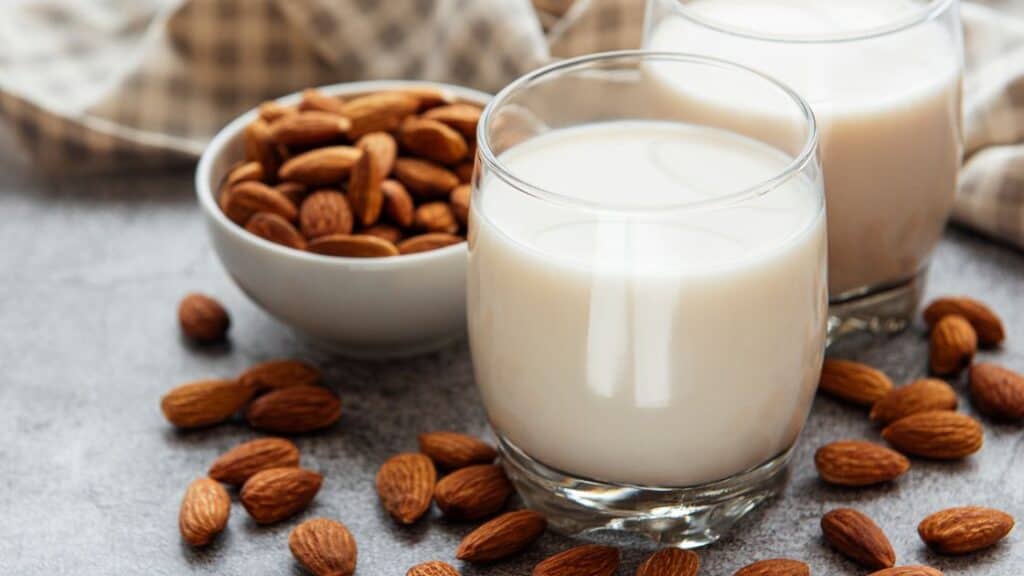


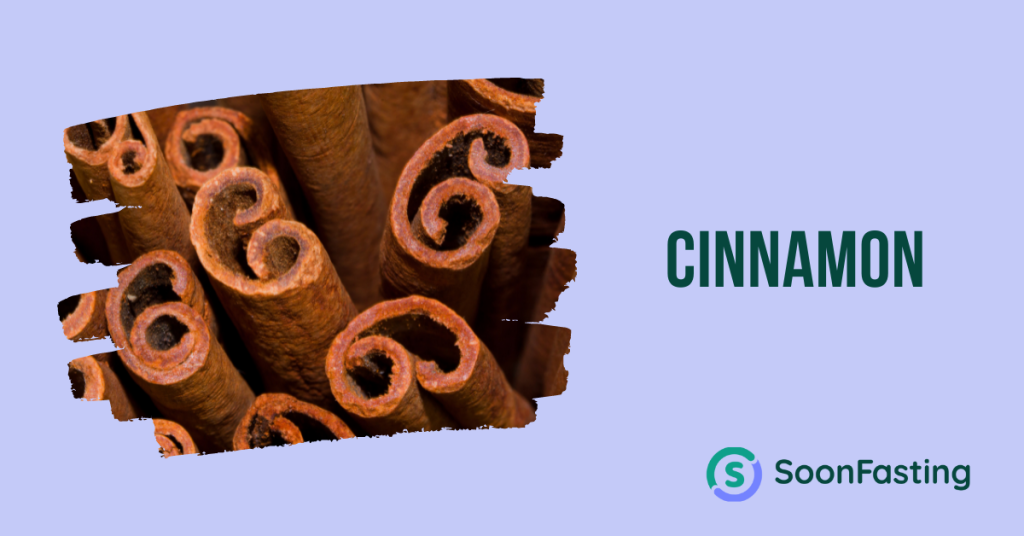

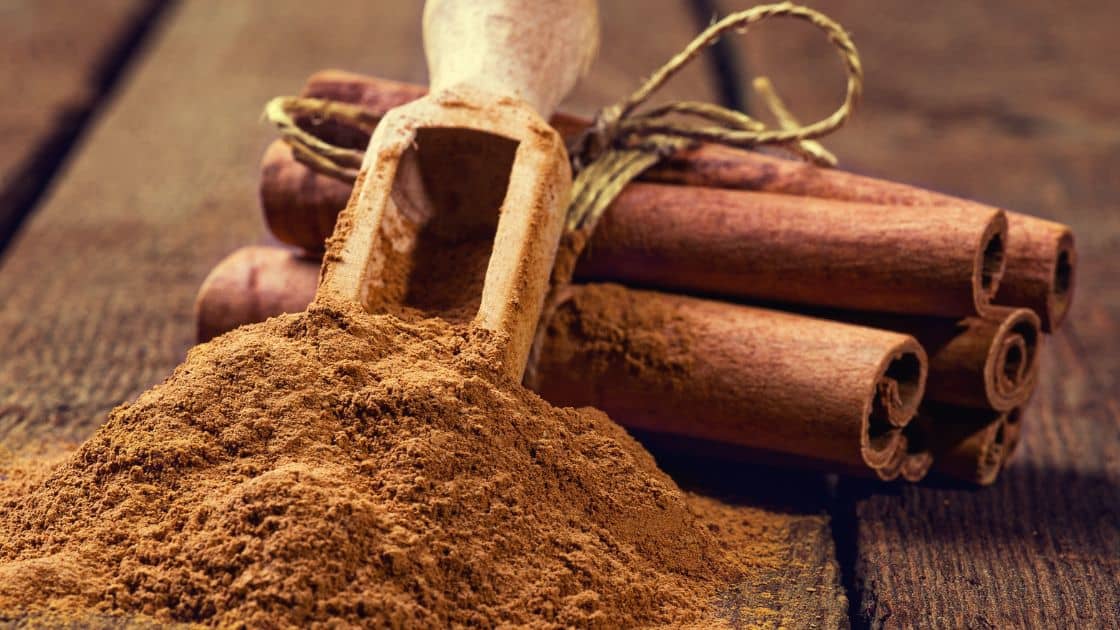


![Can I Have Cinnamon While Fasting Does Cinnamon in Your Coffee Break a Fast? [Intermittent Fasting Tips]](https://static.wixstatic.com/media/175885_f71fbbc601a54afd9046c2a9777dea8d~mv2.png/v1/fill/w_667,h_1000,al_c,q_90,usm_0.66_1.00_0.01/175885_f71fbbc601a54afd9046c2a9777dea8d~mv2.png)
